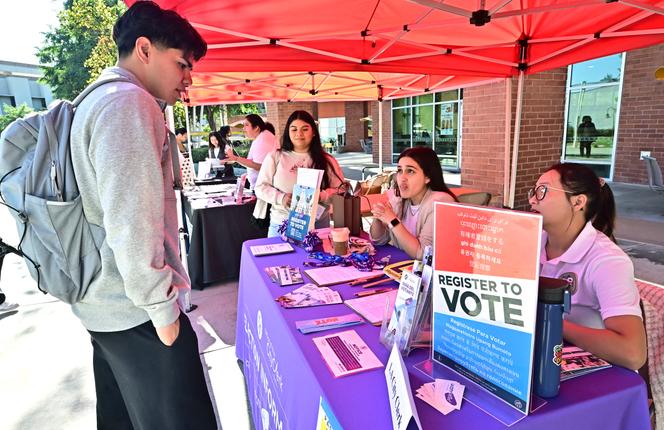


In a report published in late January, the French High Council for Equality between Women and Men raised the alarm on the growing polarization on issues of equality, gender and sexism. French people under the age of 24 appear particularly divided. For example, 94% of young women feel that it is "more difficult to be a woman than a man in today's society," 26 points more than young men. The gap narrows to 14 points among 35-49-year-olds and drops to 6 points among the over-65s.
This new publication strengthens a growing body of research highlighting the growing ideological divides among under-30s in several Western democracies. This study revives a long-standing debate on the "gender gap" in political affiliation between genders, both in their values and in their votes. Anja Durovic, a political scientist specializing in generational and gender inequalities at Paris-Saclay University's PRINTEMPS laboratory (Professions, Institutions, Temporalities), analyzes for Le Monde the reasons for this "gender gap" in the younger generations.
You have 83.95% of this article left to read. The rest is for subscribers only.
